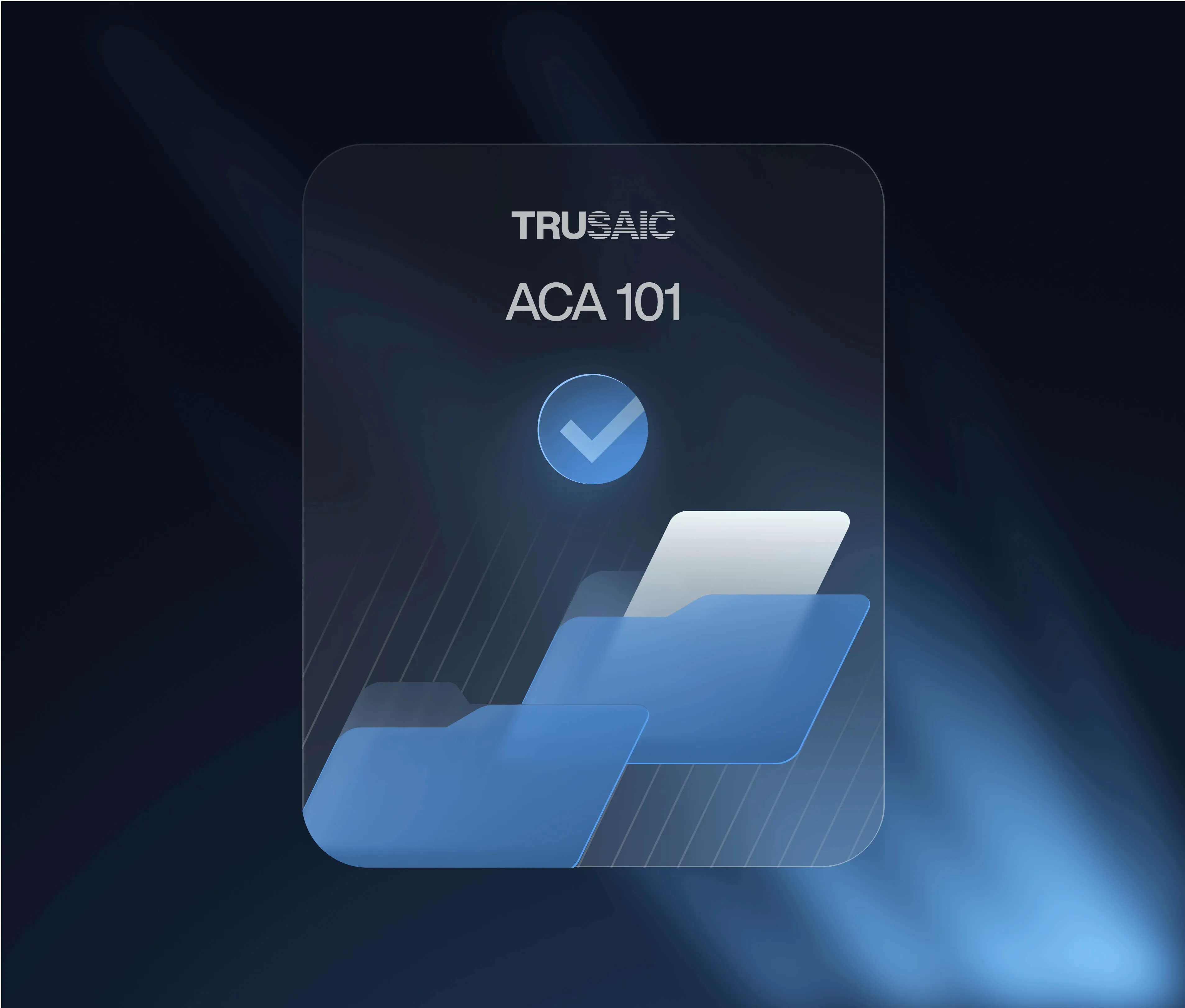The state government of Illinois recently enacted sweeping changes to its equal pay laws. Originally signed into law right before Equal Pay Day 2021, Illinois SB 1480 was amended by SB 1487 on June 25, 2021 to provide greater clarification on how Illinois employers must comply with the new equal pay obligations.
There are three critical parts to SB 1480: 1) the “Equal Pay Registration Certificate”; 2) public-facing employee demographic data reports, and 3) a prohibition on the use of conviction records as the basis of employment decisions. Below, we address what you need to know about each provision.
The Equal Pay Registration Certificate
First, SB 1480 amends Illinois’ Equal Pay Act of 2003 to require certain employers to obtain an “Equal Pay Registration Certificate”. To apply for the Equal Pay Registration Certificate, a covered business must first and foremost be prepared. Many businesses may not have the internal data, analytics, and regulatory expertise needed to adequately prepare for the application and all of its component parts. At the outset, consider partnering with an expert in pay equity compliance to maximize compliance and minimize liability under Illinois’ new equal pay requirements.
New Penalties for Non-Compliance
Failure to Obtain an Equal Pay Registration Certificate
The penalties for non-compliance originally included fines of 1% of an organization’s gross profits, as well as termination of state contracts but have since been amended.
Now, employers that violate the requirement to obtain Equal Pay Registration Certifications can be fined “up to $10,000.” Employers should note that the new amendments state that before the imposition of the penalty for Section 11(b) (certification requirement) non-compliance, employers must receive 30 days’ notice to cure the failure from the state.
Other Equal Pay Violations
For equal pay violations other than non-compliance with the Equal Pay Registration Certificate obligation, penalties are assessed depending on the size of the organization in question.
- Employers with less than four employees can be fined up to $500 for a first offense, $2,500 for a second offense, and up to $5,000 for a third offense and beyond, per affected employee
- Employers with 4-99 employees can be fined up to $500 for a first offense, $3,000 for a second offense, and up to $5,000 for a third offense and beyond, per affected employee
- Employers with 100 or more employees can be penalized up to a maximum of $10,000 per affected employee
Other relief provided by the new amendments includes back pay, injunctive relief, and attorney fees and court costs.
Who must obtain an Equal Pay Registration Certificate?
Private employers with 100 or more Illinois-based employees must apply for and obtain an Equal Pay Registration Certificate between March 24, 2022, and March 23, 2024. Employers must also obtain recertification every two years thereafter. New businesses meeting the employee threshold must obtain an Equal Pay Registration Certificate within three years of commencing operations and recertify every two years.
How does my organization apply for an Equal Pay Registration Certificate?
The first requirement is to submit employee pay and demographic data to the Illinois Department of Labor. The application process requires submission of the most recently filed EEO-1 Report covering each Illinois facility and all Illinois employees.
Additionally, the organization must file a list of all employees employed during the calendar year immediately preceding the Equal Pay Registration Certificate application, separated by gender, race, and ethnicity, which includes the total wages for each reported employee (rounded to the nearest $100). “Wages” are defined expansively under Illinois law as “wages, salaries, earned commissions, earned bonuses, and the monetary equivalent of earned vacation and earned holidays, and any other compensation owed the employee by the employer pursuant to an employment contract or agreement between the 2 parties.”
In addition to pay and demographic data, covered businesses must also submit an “Equal Pay Compliance Statement” in which an officer of the company asserts that it is in compliance with state and federal equal pay laws. The Equal Pay Compliance Statement must also state that the business does not discriminate in pay on the basis of minority status (including women, persons of certain racial or ethnic backgrounds, and people with disabilities) when taking into account legitimate business factors such as education and experience.
Illinois SB 1480 recent amendments (SB 1487) also require employers to describe the “approach” used to determine wages, but the employer is not required to select from any specific system. Instead, the statute states that “acceptable approaches include, but are not limited to, a wage and salary survey.” Originally, the law required employers to select from the following pay systems in their equal pay registration certificate application: market-based, prevailing wage/union contract, performance pay, internal analysis, or another alternative to be described by the employer.
Importantly, SB 1480 provides Illinois regulators with the broad power to audit a business to ensure compliance with the Equal Pay Act of 2003. If audited, a business may have to disclose data on the numbers of its male and female employees, employee demographics, accompanying average salaries, and other information on compensation.
For this reason, covered businesses are highly encouraged to conduct a pay equity audit prior to the application process. This type of audit provides a comprehensive review of where equal pay liabilities exist as well as the analytics required to help businesses strategize a plan of action moving forward.
Public-Facing Employee Demographic Data Reporting
SB 1480 also amends the Illinois Business Corporation Act to require the public-facing reporting of employee demographic data to the Illinois Secretary of State. Along with their annual corporate filings with the Illinois Secretary of State, covered companies must file information “substantially similar” to the demographic data located on Section D of the EEO-1 Report. The Secretary of State will determine the format of such reporting.
Beginning in 2023, the Secretary of State will publish the gender, race, and ethnicity data from each covered company on its website within 90 days of filing. Additionally, employer aggregate pay data on employees will not be shielded from Freedom of Information Act (FOIA) requests but will protect against “individually identifiable information.” Employers should note that a current employee of a covered business may request anonymized data regarding their job classification or title and the pay for that classification. This will no doubt increase workplace transparency and pay equity initiatives.
Illinois SB 1480 pay data reporting is a sharp departure from the EEOC, which generally maintains the confidentiality of EEO-1 data. At a minimum, the public, including competitors and regulators, will be able to gauge which businesses may have diversity and equity issues based on this public-facing data.
Protections Against Discrimination Based on Conviction Record
Finally, SB 1480 amends Illinois’ Equal Pay Act of 2003 to prohibit the use of conviction records (including felonies, misdemeanors, and other offenses) as the basis for employment decisions, with certain limited exceptions. Specifically, SB 1480 states:
“Unless otherwise authorized by law, it is a civil rights violation for any employer, employment agency or labor organization to use a conviction record…as a basis to refuse to hire, to segregate, or to act with respect to recruitment, hiring, promotion, renewal of employment, selection for training or apprenticeship, discharge, discipline, tenure or terms, privileges or conditions of employment (whether “disqualification” or “adverse action”).”
These requirements strengthen protections against employment discrimination for individuals with a criminal record. Illinois already has a “ban the box” law in the form of HB 5701, which prohibits employers from inquiring into applicants’ criminal histories.
As is clear from the breadth of SB 1480, Illinois employers should take steps now to ensure they are in the best possible position when the new law’s requirements kick in. The one critical tool available to every employer is a pay equity audit.
Most employers are not equipped to conduct this analysis on their own, which requires regulatory, data science, and statistical expertise. Employers should consider partnering with an organization experienced in pay data and analytics to conduct an audit of their current compensation structure. Such an analysis can tell you, on an individual, department by department, or company-wide level where pay issues exist and how to proactively address them.
Overall, a comprehensive pay equity analysis is the best place to start to understand what your company is doing right, and where it can improve before employee complaints, lawsuits, or regulatory issues arise.









